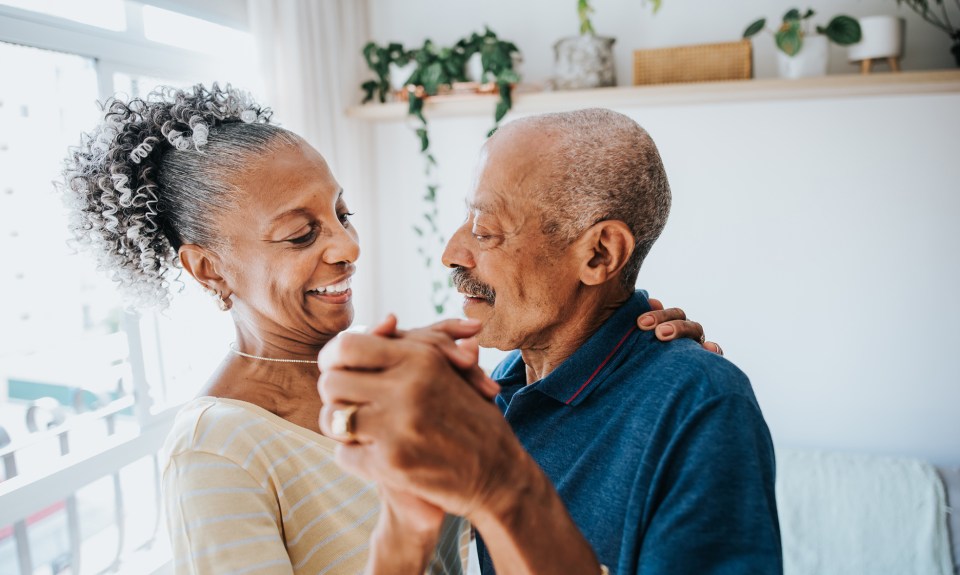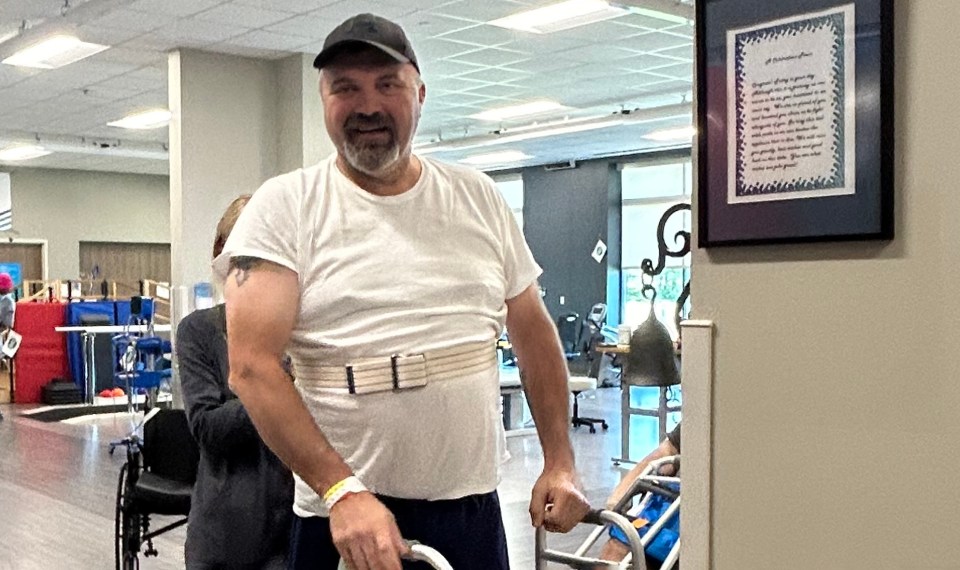As common as sexual problems can be after a stroke, they often are overlooked. Embarrassment, fear, anxiety—all of these can stop a stroke patient or their spouse from speaking out.
You and your loved one are not alone with your sexual doubts and fears. There is good news, though: new medications and treatments can help improve sexual function. Even more reassuring, research has shown that sex can safely resume shortly after a stroke, although you should check with your doctors first.
People with disabilities, including stroke survivors, and the elderly are frequently viewed as being asexual. Nothing could be further from the truth. In fact, 40% of Americans over 60 are sexually active.
University of Michigan/AARP survey
The Main Issues
- Fear. The stroke survivor is often afraid that a stroke will happen again while in the midst of intimacy. The more fear, the more anxiety, which translates to dysfunction. Yet, studies show that this fear is ungrounded. If you can perform normal daily activities, you likely can perform sex.
- Negative Body Image. The person may feel that their altered body image and scars may interfere with intimacy and inhibit sexual functioning. They may believe that they are no longer attractive to their partner or would be embarrassed to seek out a new one. Having open and honest conversations with your partner and counseling can help with these issues.
- Stroke impairment. An inability to speak, memory problems, perception difficulties, paralysis and a loss of touch, sight, or sound—all of these can interfere in sexual activities, especially when compared to how those activities were able to be performed before the stroke. If an impairment or disability is stopping your ability to enjoy sex, it’s crucial that you and your loved one discuss it not only with each other, but with your physician as well. Trying various positions or taking medication can all enhance sexual pleasure. Be sure to check with your primary physician, as some patients cannot take medications for erectile dysfunction, for example.
- Emotional impairment. There is a crucial connection between stroke and emotion—any personality problems in place before a stroke can become exaggerated after the stroke. If a survivor had been anxious before his stroke, he might be more so in its aftermath. The same goes for depression, emotional difficulties, hostility and sexual dysfunction. What were their relationships like, not just sexual, prior to the disability? If they formed unsatisfactory relationships prior to their disability, it is unlikely they will do better without counseling now. Impotence can also arise from depression or from a personality change. A poor self-image also can translate into a disinterest in sex. Depression is common after a stroke. Antidepressants and talk therapy are very helpful. If emotional barriers are holding you back, talk to your physician.
- Incontinence. Stroke often leads to bladder or bowel problems, which can also be a a cause for concern. This also can hurt self-image and, at the same time, the desire for sex. This too can be managed with proper instruction and education.
- Medical considerations. Many medications, including antidepressants and blood pressure medicines can affect sexuality. Make sure that you know the possible side effects of the medications that you or your loved is taking. Review a complete list of your medications with your doctor.
One last point: a stroke does not automatically translate into sexual dysfunction. In fact, sexual problems do not exist for many stroke survivors and their families. Between 20 and 25 percent of all stroke survivors and their loved ones actually report an increase in sexual activity. In short, closeness before a stroke will usually translate into closeness after the stroke.
The content of this site is for informational purposes only and should not be taken as professional medical advice. Always seek the advice of your physician or other qualified healthcare provider with any questions you may have regarding any medical conditions or treatments.




